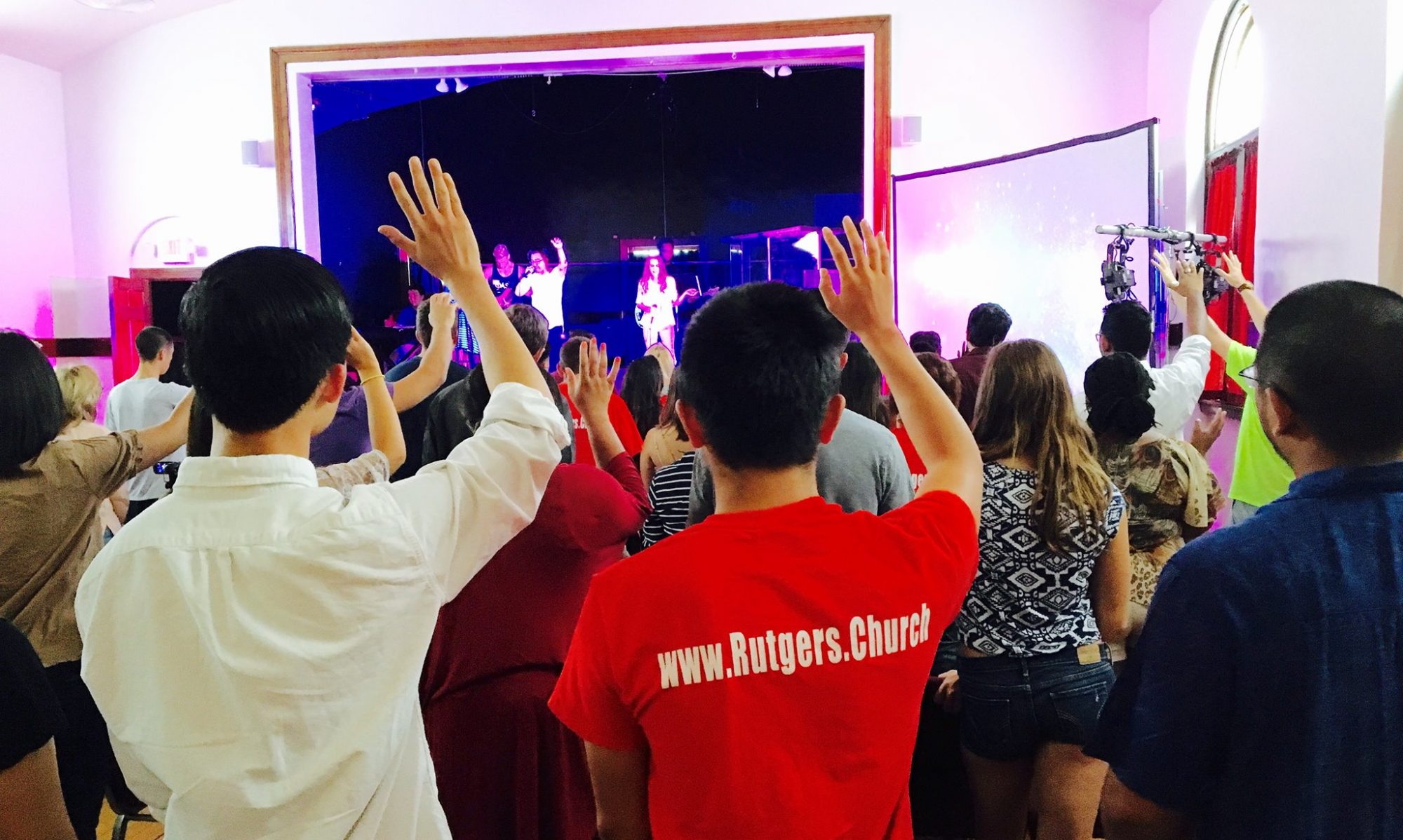 Hey guys, here are three well-established facts regarding Christianity and college students that ought to capture the attention of any gospel-loving pastor or church planter:
Hey guys, here are three well-established facts regarding Christianity and college students that ought to capture the attention of any gospel-loving pastor or church planter:
1. College is a time of unprecedented openness to all things, including the gospel.
2. Many awakenings, both major and minor, have started through college students.
3. There is a disturbing age gap in many of our congregations caused by the absence of this group.
We learned the following lessons along the way at Rutgers University.
1. Whatever you do, don’t shy away from depth.
Students are not dumb; nor are the college professors filling their minds five days a week. These students are being challenged with deep questions, and simplistic answers not only fail to persuade them, but actually make them more skeptical of Christianity. So take them deep, and do it often. In almost every sermon we try to have an “apologetic moment,” where the preacher explains how this or that biblical truth counters the cultural norms they absorb in their college. The most popular series we have done have related to straight, deep answers to challenging questions.
Furthermore, teach the hard stuff—like what the Bible teaches about gender roles, sexuality, and divine punishment. Most students already know generally what evangelical Christians believe about these things (if for no other reason than spoofs by their professors and Saturday Night Live), so we gain no ground by ignoring or apologizing for the Bible. Speak truth convincingly with clarity and grace. Recently a practicing lesbian student said that she comes to our church because we at least teach the Bible clearly, even though it sometimes angers her. “I don’t want someone just telling me what they think I want to hear,” she said. “I know what the Bible says. I’m trying to decide if it’s true. I want someone to explain to me what it says and tell me why it’s true.”
2. Preach the gospel.
The beauty of the gospel, as well as its outrageous claims, intrigues most students. It engages both believer and unbeliever. It exposes the root idolatry that drives our behavior and reveals God’s radical agenda for the world that calls for a dramatic response. The gospel “secret” is that everything we want to see in students, things like “radical generosity” and “audacious faith,” are produced not by telling them what they must do for God, but by exalting in what God has done for us. (For more, see Gospel: Recovering the Power that Made Christianity Revolutionary.)
3. Love on display is often the most effective apologetic.
Jesus said so himself (John 13:34-35). We often think we can convince unbelievers by showing that our smart guys are smarter than their smart guys. True cynics are more often convinced, however, by the beauty of Christ’s character in us than by meticulous logic. (This is not to diminish, at all, the vital role of giving intelligent answers to hard questions.) Note that it was when the first church “shared all things in common” and “there was no need among them” that Luke says they had “favor with all the people” and “God added to their number daily those that are being saved.” Serving is the church’s greatest persuasive power (cf. 1 Peter 3:15; 4:7-11)
4. Remember that we live in the Bono generation.
Serving the community and the poor around the world is now, for lack of a better term, “cool.” And while TOMS Shoes certainly has a different agenda than does the church, this generation’s awareness of global suffering ensures that any message that fails to address global and societal needs will fall on deaf ears. The awareness of global suffering actually provides a wonderful opportunity for the gospel. We can show the gospel provides a better, more holistic answer to the problems of the world.
Our church has identified five groups (the homeless; the orphan; the prisoner; the unwed mother; and the high school dropout) that we ask students to serve. We use these ministries as opportunities not only to win our community, but also to disciple students, both believer and unbeliever alike (many unbelievers will gladly serve alongside us in projects directed toward these groups).
5. Cultural adaptation is important, though not essential.
Why do churches hold on to the cultural mores and styles of previous generations if they are trying to reach this one? We can’t make the gospel more attractive through our “coolness,” but let’s face it: if the 1950s ever come back, many of our churches are going to be ready. That said, ultimately the appeal of the church has more to do with its timelessness than its trendiness. The essential element is not a cool pastor or loud music but an authentic message.
Traditionalism is a killer not because it is “uncool” but because it is a counterfeit of the gospel. Some churches that are very effective in engaging students have more of the ancient, reverent feel than a vibrant, energetic one. Our church has more of a modern feel, but we think the gospel’s power can reign in both settings. We would encourage you to lay all cultural elements of your church at the feet of Jesus and ask him to show you how to prioritize the mission over preference. Every effective missionary in every culture has thought this way. God help us if we value our cultural traditions more than our children!
There is no magic bullet for reaching students, but we hope these timeless values will help spur you to expect great things of God for this generation, and then attempt great things for God in it.
Credit: The Gospel Coalition
